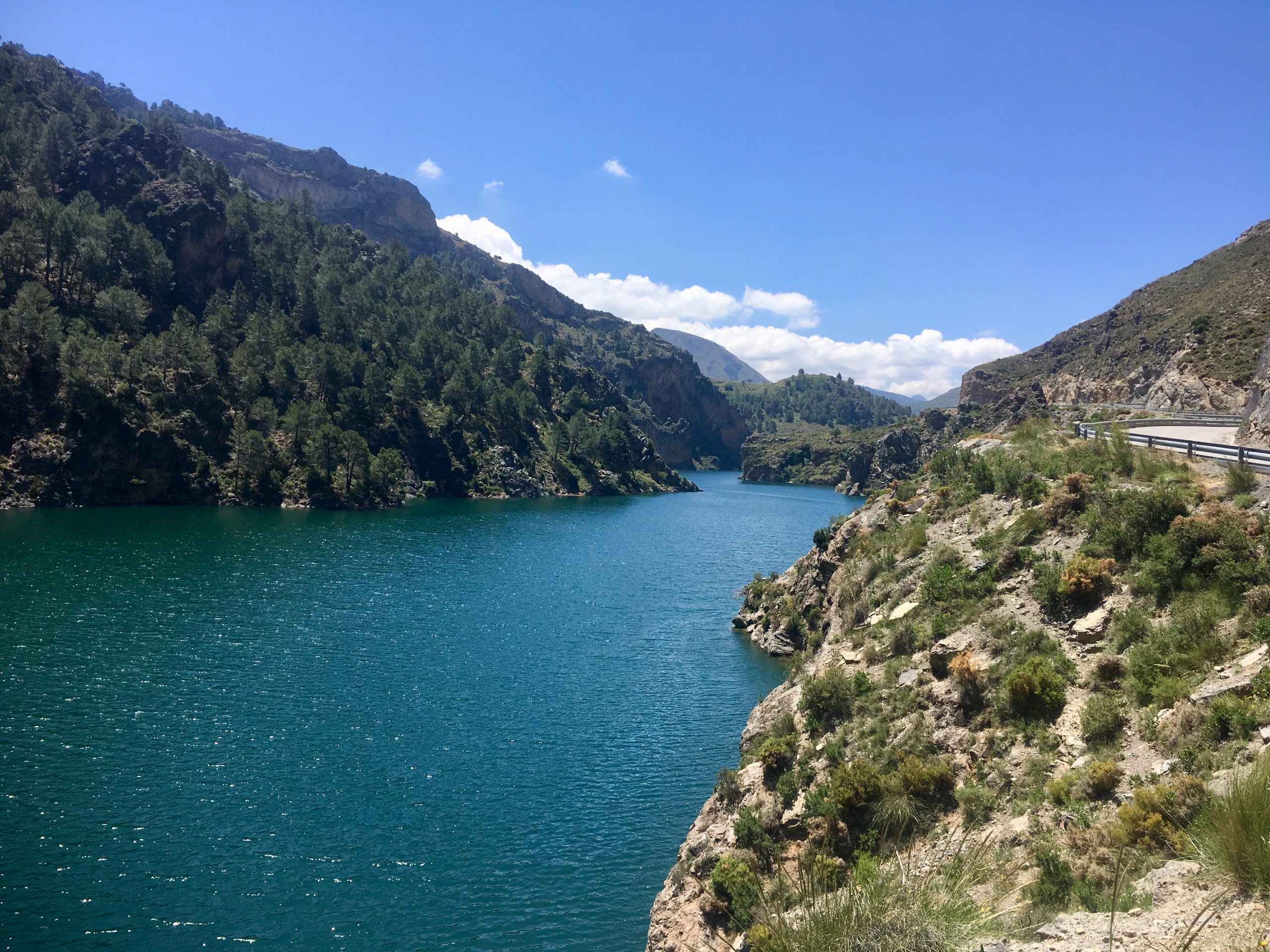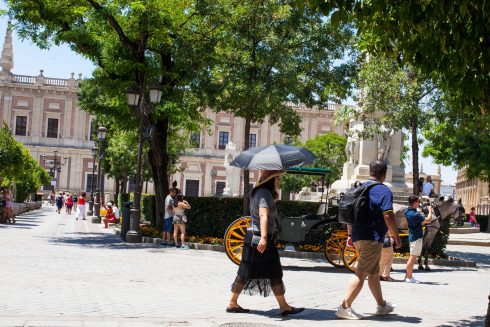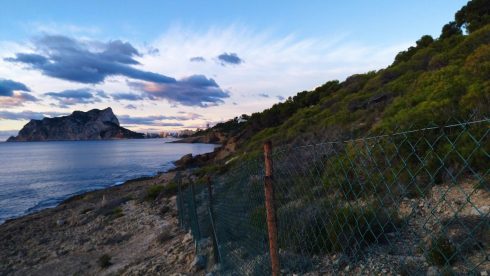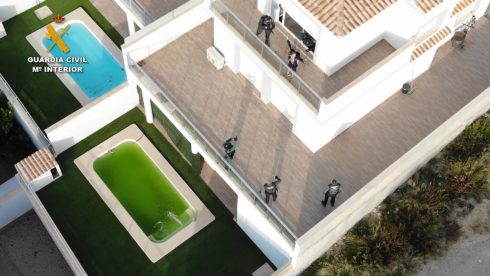SPAIN’S Supreme Court has finally ruled on a squatter in Granada province who has been illegally occupying a property by a reservoir for nearly 10 years – quite possibly a record length of time, according to local press reports.
The man entered the building, which was practically in ruins, in 2013. Accompanied by his young children, he had been forced to take the desperate measure due to the economic downturn that began in 2008 with the global financial crash, and which hit Spain particularly hard in the coming years.
The building in question actually belongs to the Confederación Hidrográfica del Guadalquivir, the public body in charge of managing water in an area of the south of Spain.
A lower court had already ruled in favour of the Confederación, ordering that the man be forcibly removed. But his appeal made its way all the way to the Supreme Court, which actually pointed out in its ruling that the Confederación had shown considerable patience with the case.
“We are in the year 2022 and the property has still not been vacated, nearly 10 years after it was occupied and nearly six years after the ruling that said the occupation must come to an end,” read the ruling, according to Granada online daily Ideal.
Spain’s top court also ruled that the right to a place to live and the inviolability of the squatter’s home had not been violated by the eviction order.
The ruling also states that the Confederación could have taken harsher action, but instead opted for financial penalties to encourage the squatter to leave: four fines of €1,468 were imposed between 2016 and 2017.
The court decided that this situation ‘could not go on forever’, whether the delay was being caused by the failure of public institutions to find the man alternative accommodation or the insistence of the squatter that he was staying put.
The ruling also stated that the man was free to take action against regional or municipal social services should he consider his fundamental rights to have been violated, but decided that the near 10-year occupation must be brought to an end.
Squatters rights
The phenomenon of ‘okupación’, as squatting is known in Spanish, is often in the headlines due to cases where the owners of properties are unable to eject people who have illegally entered to live – whether it’s a primary residence, second home or commercial property.
However, there are legal steps that victims of this practice can take, either via the criminal route or with a civil case, that should bring about a swift resolution to the situation. Police have powers to eject the squatters from the property, but delays can occur, for example, should the squatters be able to produce documents – such as utility bills – that cause doubts for the police as to who the rightful occupant of the property is.
Read more:
- Extortionists demanded €14,000 from holiday home landlords to leave squatted properties on Spain’s Costa Blanca
- British and Spanish squatters removed from Costa Blanca property
Click here to read more News from The Olive Press.








